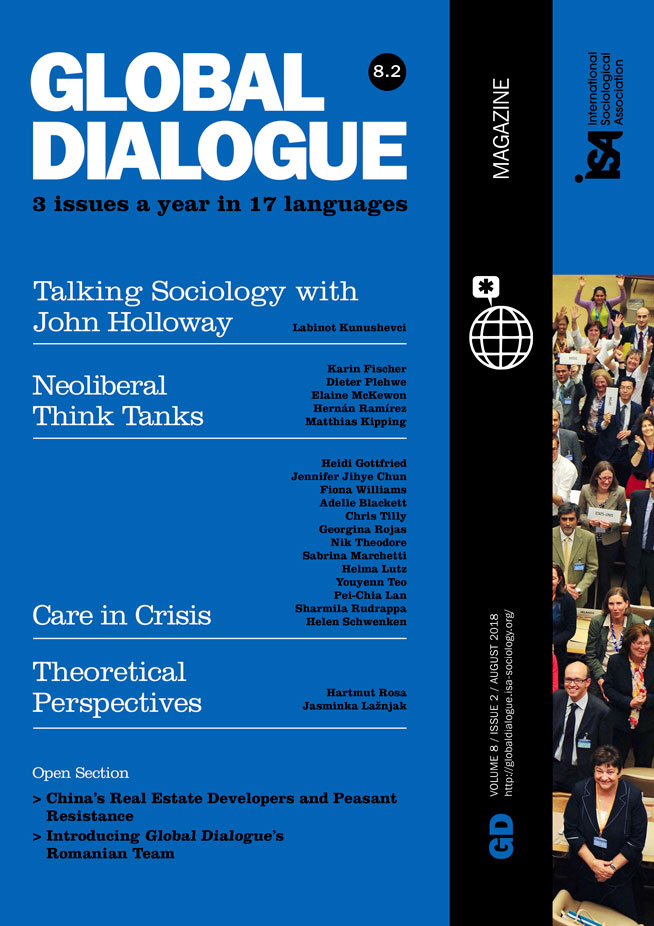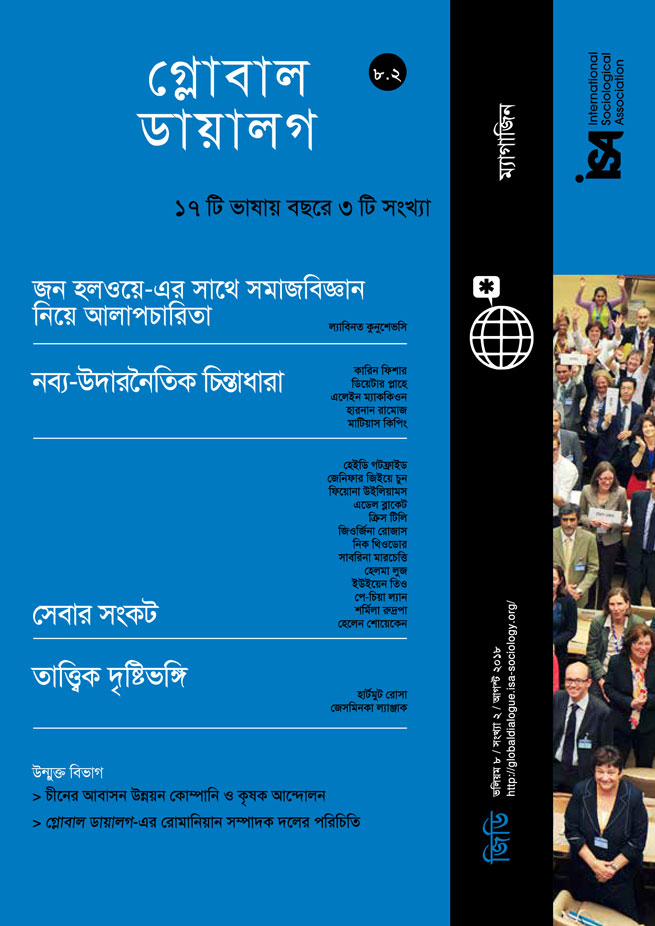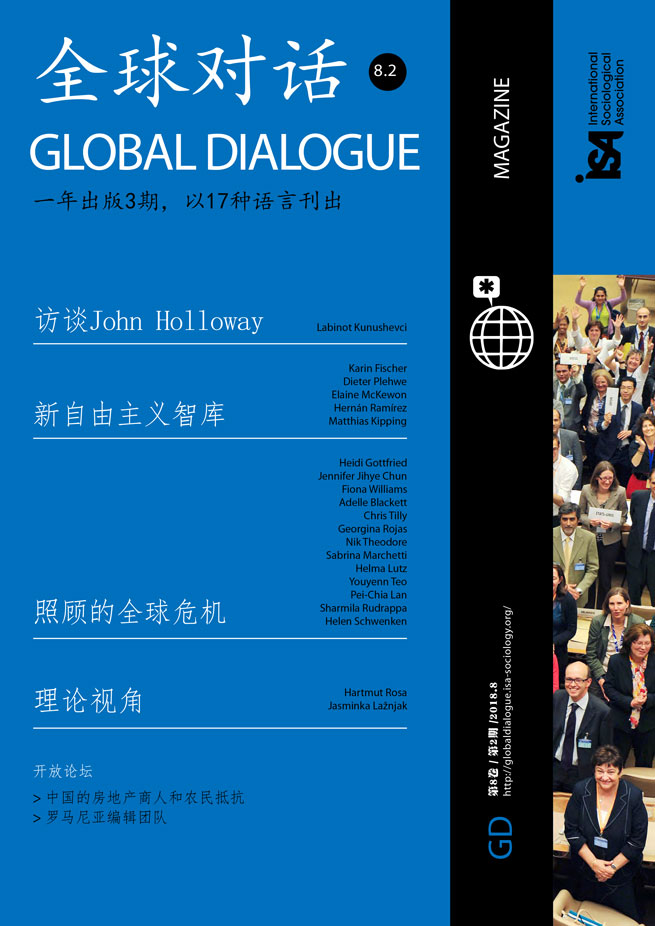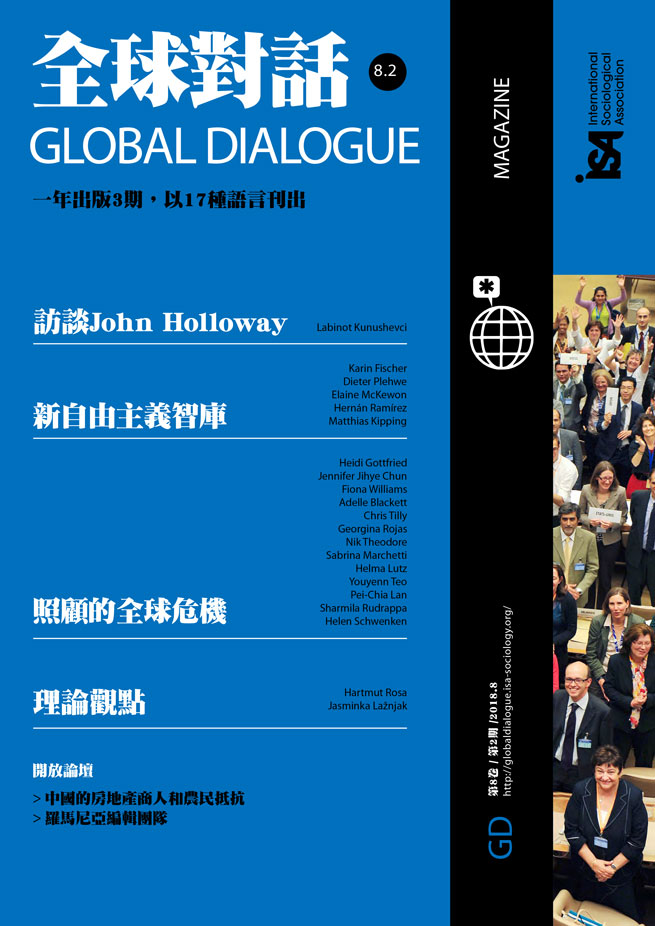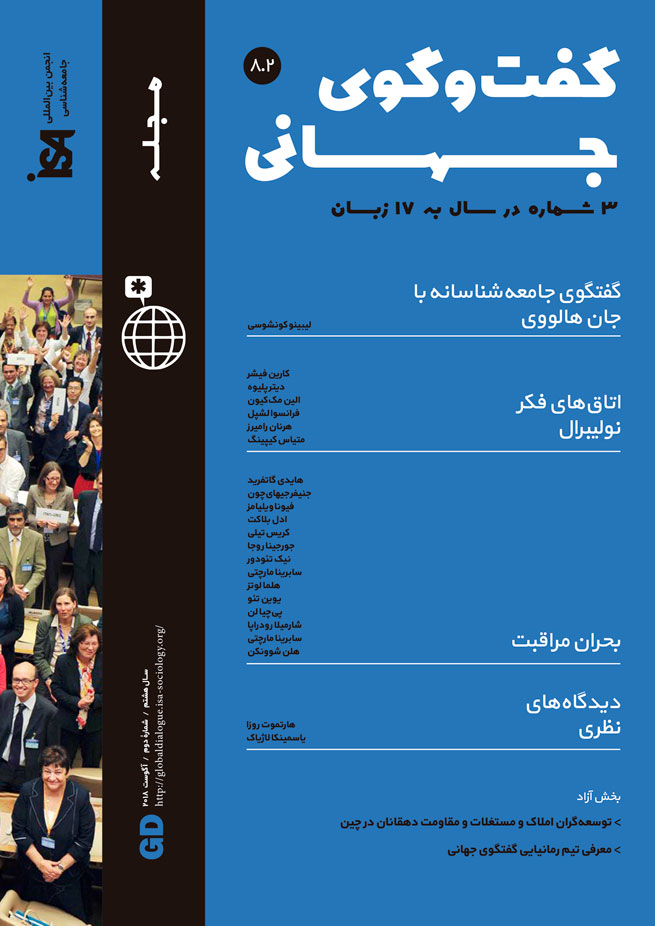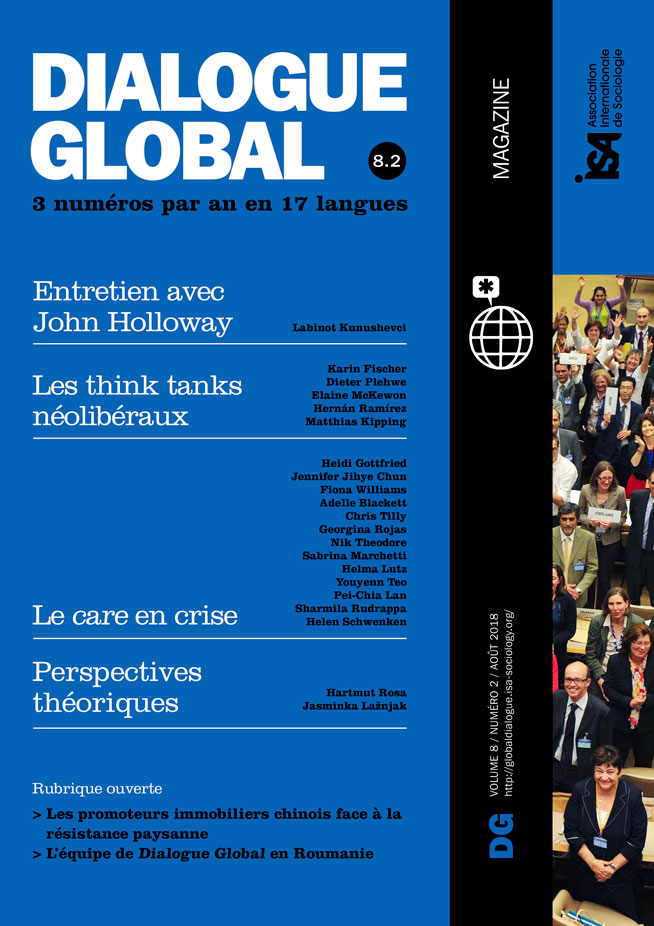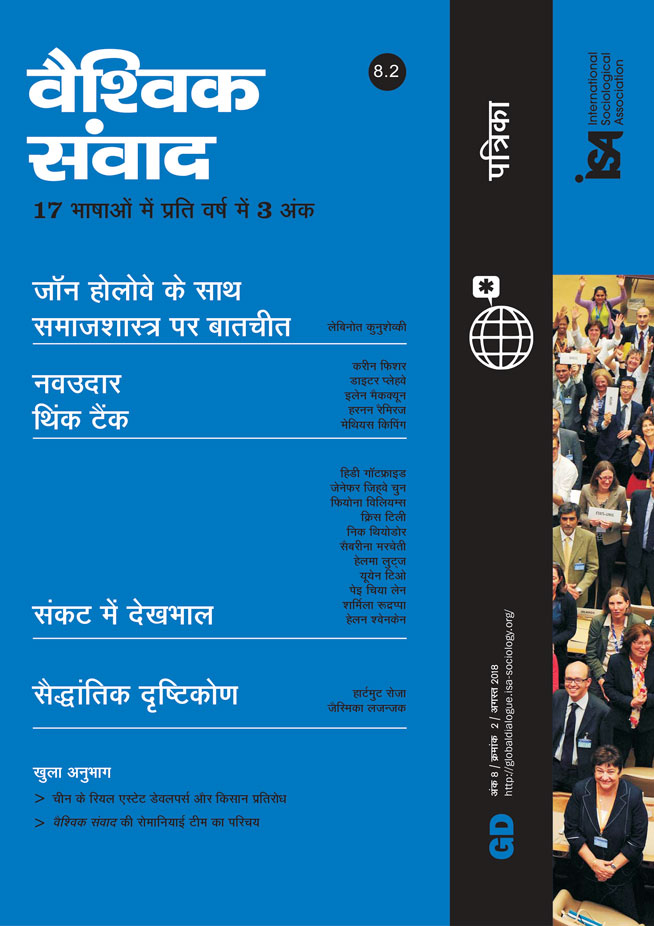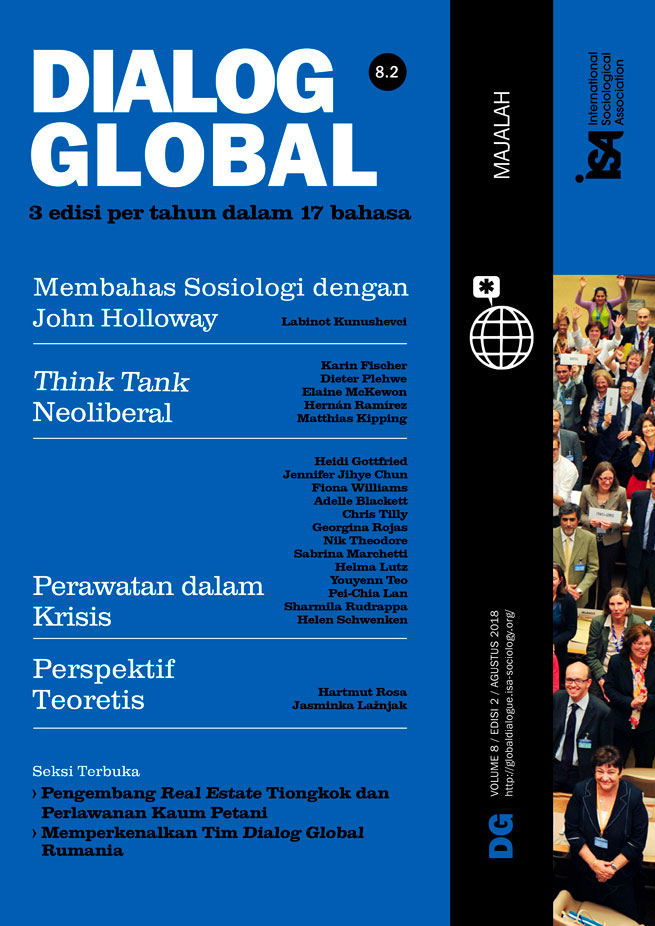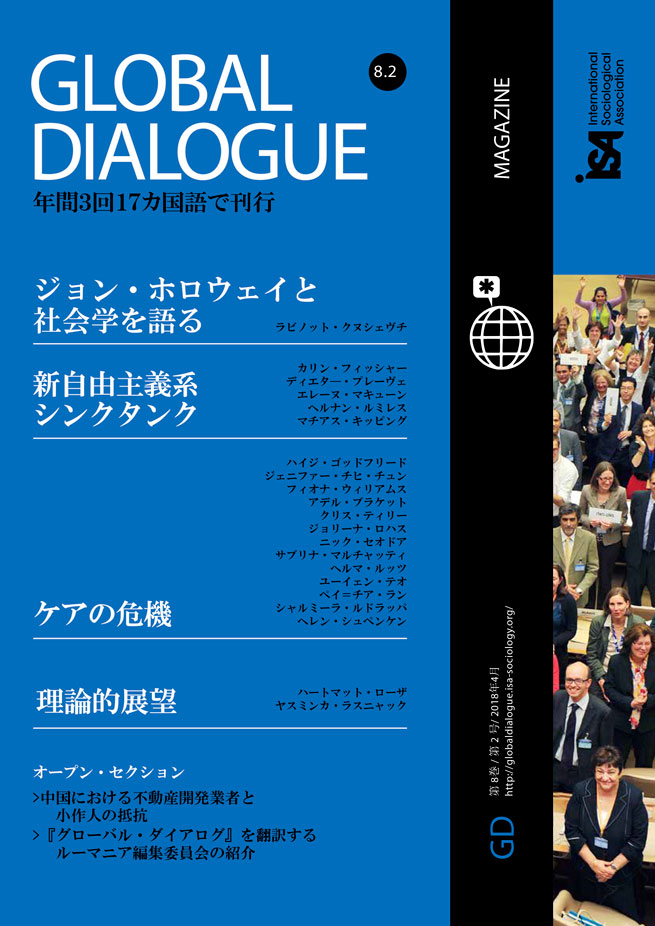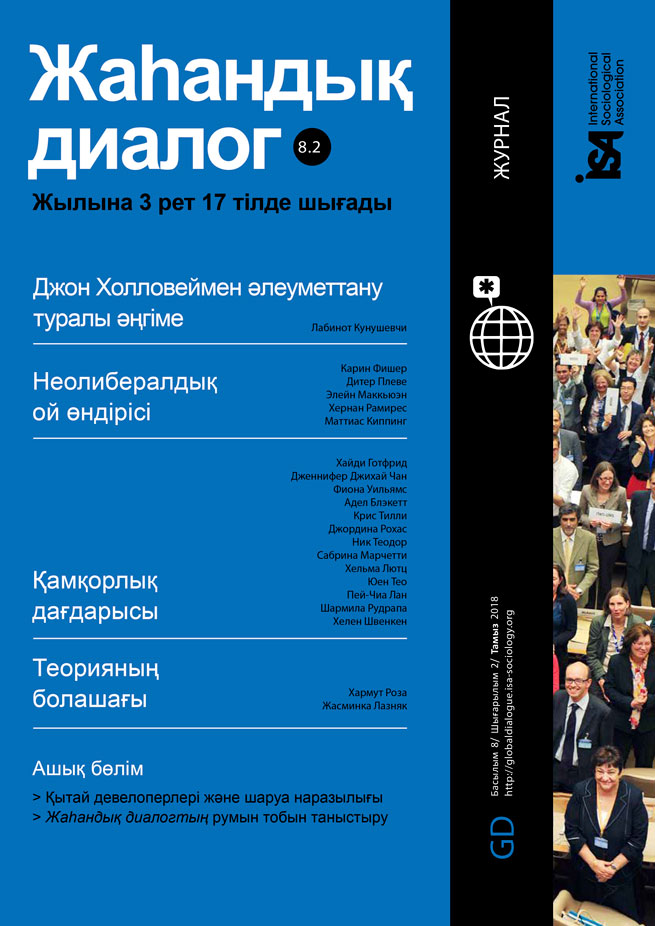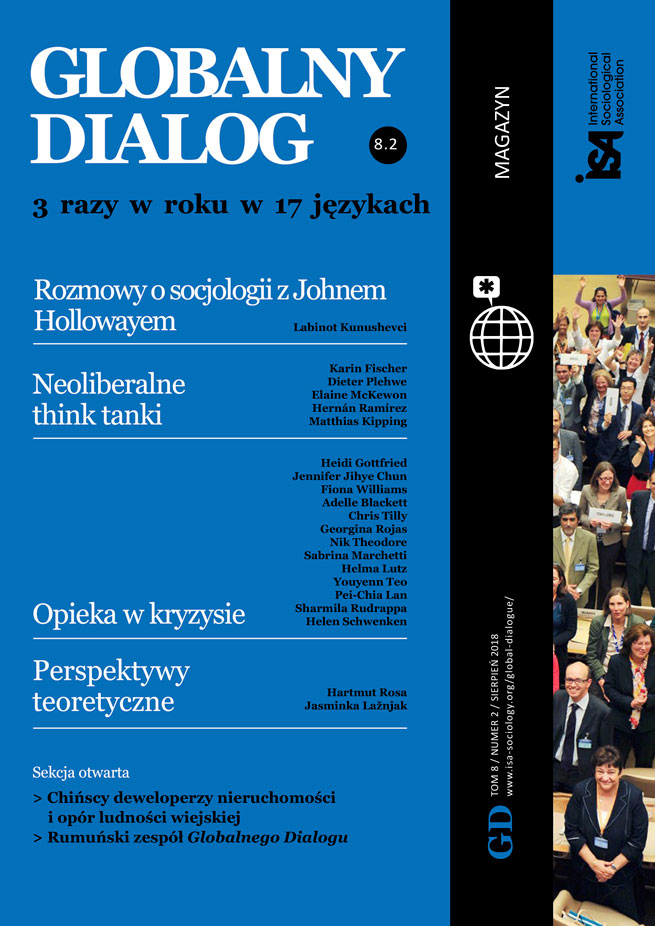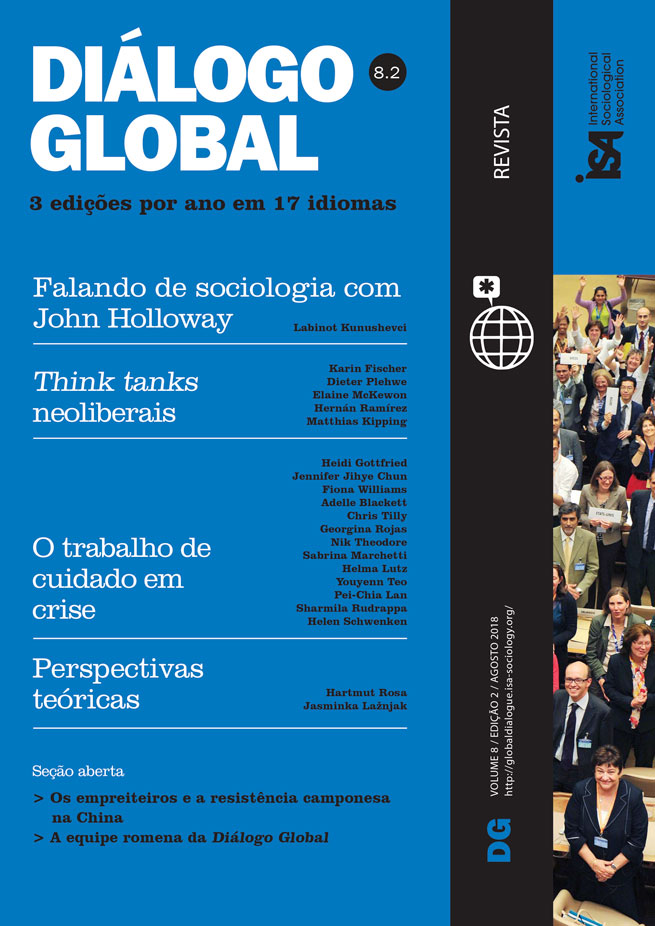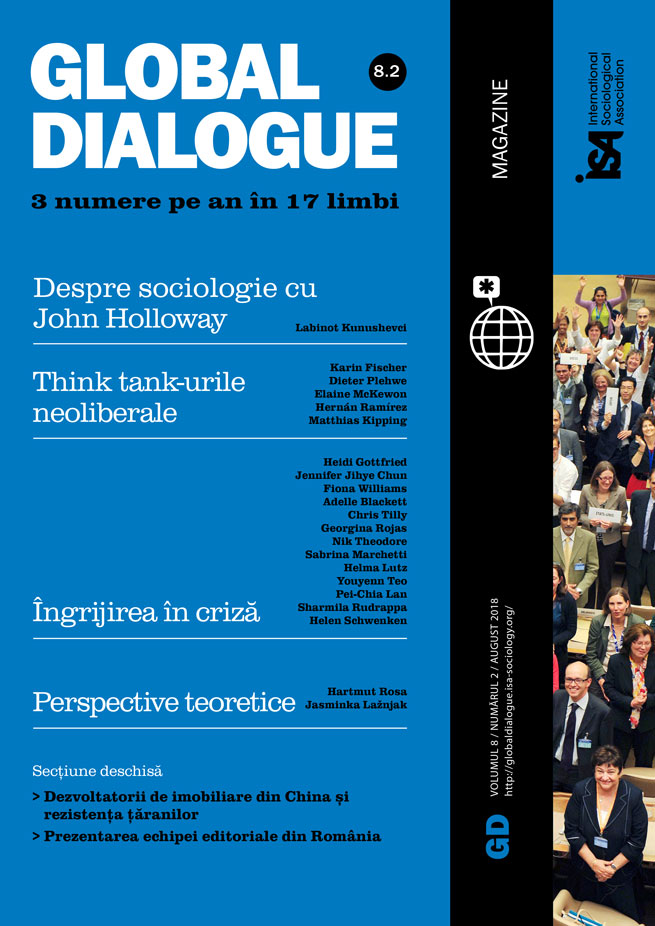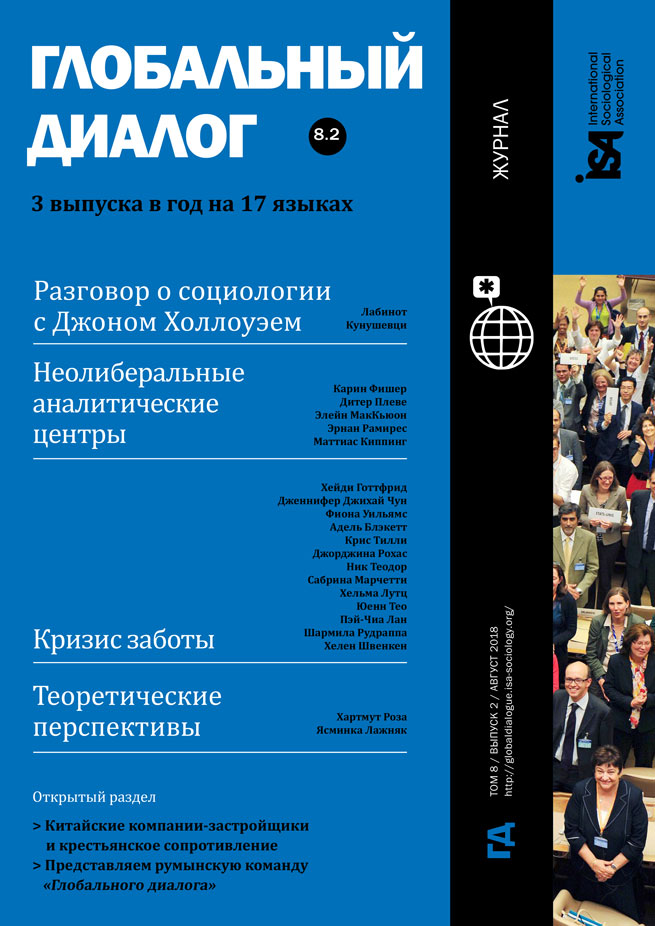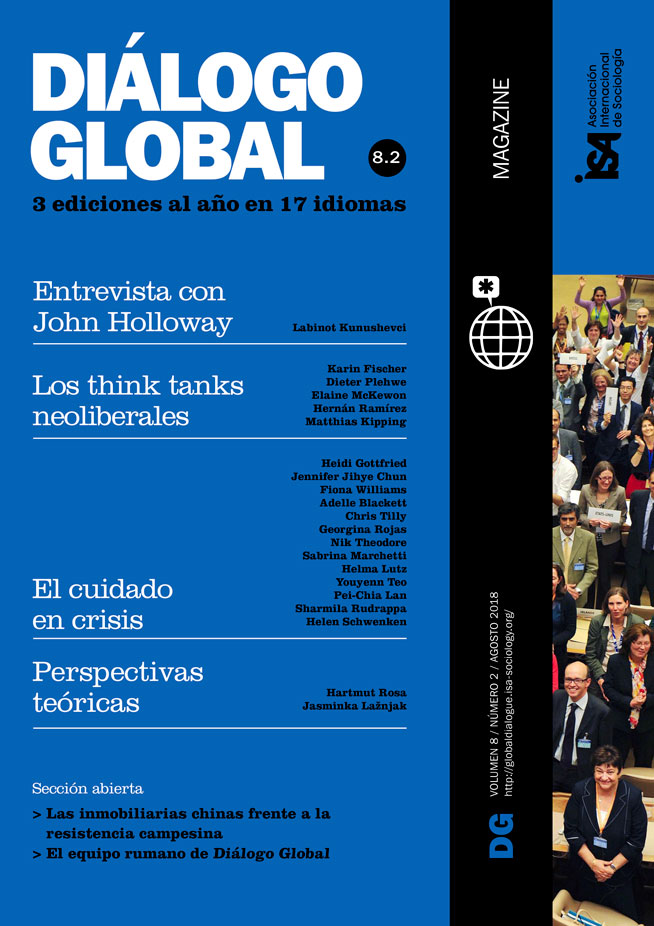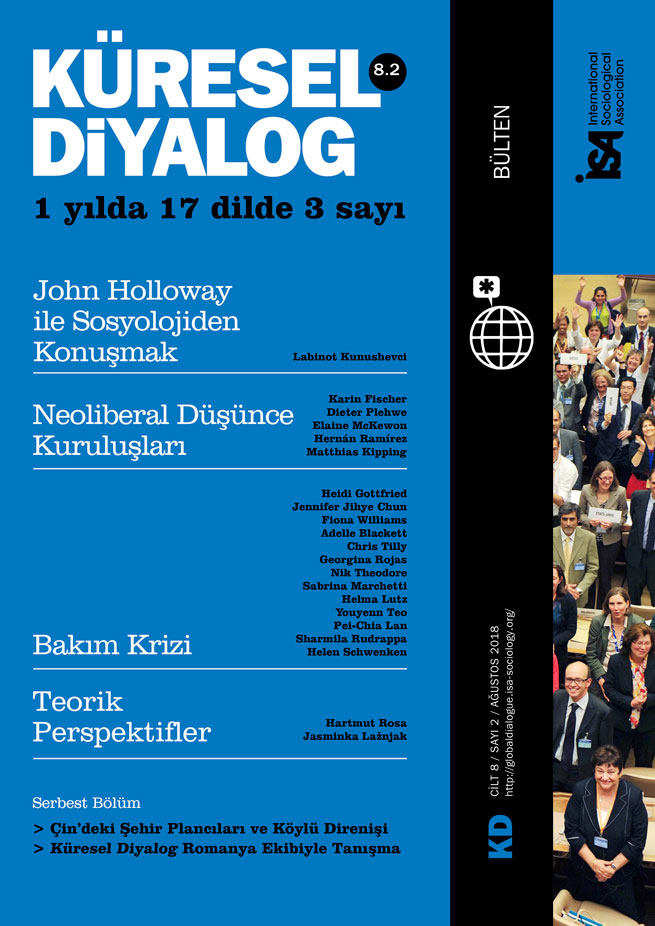When looking at debates in the business press about the latest trends, say big data, artificial intelligence, or the future of manufacturing, one frequently comes across reports issued by the think tanks of the world’s major consulting firms. Most frequently cited is probably the McKinsey Global Institute (MGI), but there are also references to, among others, the Accenture Institute for High Performance, the IBM Institute for Business Value or the Boston Consulting Group’s Henderson Institute. Most of their publications pertain to business-related issues, but some comment on macroeconomic developments and address broader questions such as the future of globalization or gender equality. The influence of these “institutes” and their “insights” is confirmed by one of the most widely-used think tank rankings. Among the top 25 “Best For Profit Think Tanks” it lists fourteen that are related to consulting firms, with the MGI taking top spot. “For Profit” is a misleading characterization though, since – unlike all the other consulting services – these insights come for free. The question then becomes why the consulting firms set them up in the first place.
Thought leadership or fear mongering?
The pioneer was the MGI in 1990, with others following soon. A simple answer regarding the rationale for their creation is that they serve as a marketing tool in what is an increasingly competitive market for management advice. Managers buy consulting services based on “superior knowledge” – or at least that is how they have to justify their recourse to consulting firms to other stakeholders. In that perspective, consulting firms set up think tanks to demonstrate their “thought leadership,” and that is indeed how they frequently describe their objectives. While not directly referring to their think tanks, some academics studying consulting have highlighted a somewhat more self-serving motive for the purported thought leadership. They suggest that the succession of management ideas promoted by consultants – or “fashions” as they tend to call them to highlight their ephemeral nature – serve to create fear among managers about a highly uncertain, if not threatening, future, prompting them to hire consultants as a kind of guide, if not “comfort blanket.” Reading the reports produced by these think tanks indeed makes one concerned about how to deal with the challenging if not threatening developments they predict – a concern to which the reports themselves provide at best generic answers – hence, so goes the logic, prompting managers to reach out to the consulting firm behind the think tank that alerted them to these ominous trends.
Copying or supplanting academia?
Going even further, these reports also help consultants open up new markets for their services, be they other functional areas, different sectors, or emerging economies. They serve to signal their relevant competence by providing deep “insights” on any of these topics to generate interest among potential clients and, ultimately, legitimacy for the solutions proposed to these clients. This leads to a second, broader motivation behind these think tanks. It concerns their position among the “authorities on management,” as some have called them, which also include business schools and management media. Not surprisingly, most of the “institutes” use the language of academia to describe their activities, labelling the consultants that put together the reports as “researchers” or “research fellows” and even hiring well-known academics, including Nobel laureates, as advisors. They also disseminate their results in well-known management media, either for free, when an article picks up their ideas, or in paid sections.
Deloitte has possibly gone furthest in this association by creating its own “Deloitte University Press.” Again, this could simply be understood as smart marketing, lending more credibility to what the consultants have to say. But it could also reflect an effort to carve out a larger space within the “management knowledge industry.” Management academics themselves might have created that opportunity by moving ever further towards a natural science paradigm of research – incidentally driven in part by the performance metrics introduced into the public service by those same consultants. Despite ceremoniously stating its relevance, most of today’s management research is largely unintelligible and often uninteresting to practicing managers, who are therefore all too happy to rely on the “research” provided by the consulting think tanks. The question is how much longer consultants will need to prop up their legitimacy with academic paraphernalia. Many business school professors already try to strengthen their credibility with practitioners and students by highlighting their consulting credentials.
Colonizing everything?
This possible quest by the consultants for even more authority over defining best practices leads us to a yet broader rationale – and somewhat into conspiracy theory territory. Could the creation of these think tanks be part of a plot to dominate not only the evolution of business but also of the economy, society, and even polity at a global scale? This appears somewhat less outlandish when one considers the size and reach of many of these firms, which nowadays advise not only companies but many other organizations, including the Catholic Church, as well as governments of all colors. It becomes even more plausible when one considers the extraordinary number of alumni they have generated, many of whom now hold positions of leadership, in business and elsewhere, including academia – check the background of your Dean – and who are among the prime audiences for the insights provided by these think tanks and the common vision of the future they propose.
None of the above has to be sinister. All depends on the kind of ideas that are being generated and disseminated. These think tanks, and the consulting firms that created them, could act as a force for “good” – the greater good that is, not the one lining the pockets of their partners and shareholders. And there are indeed indications that some of these institutes have been doing just that, for instance with respect to gender equality or the need for a long-term oriented capitalism. However, the history of the management consulting industry and the impact it has had so far, does provide some cause for pause, if not concern.
Matthias Kipping, York University, Canada <mkipping@schulich.yorku.ca>






